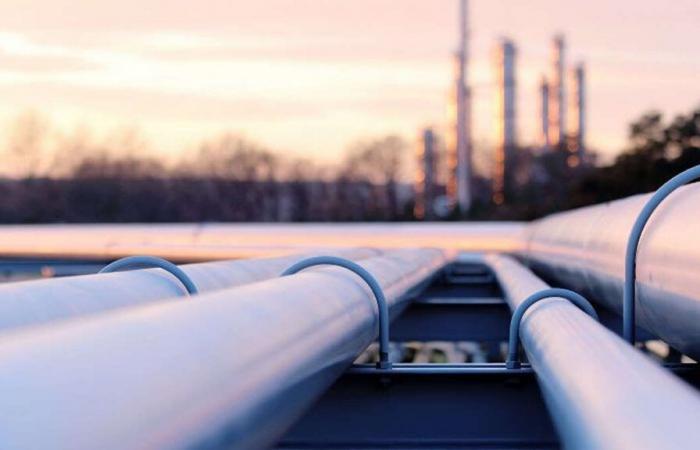Two major projects are currently shaping the gas battle between Nigeria et l’Europe. On the one hand, the trans-Saharan gas pipeline (TSGP), carried by Algeria, proposes a crossing of the Niger before crossing the Mediterranean. On the other, the Nigeria-Morocco axis draws a maritime route along thirteen West African nations. This strategic competition between the Maghreb countries is experiencing significant progress with the entry of a new industrial partner.
Asian expertise at the service of Africa
The industrial juggernaut Jingye, which produces annually 15 million tonnes of steel, confirms its commitment to the construction of the Nigeria-Morocco gas pipeline. This titanic project, costing $26 billion, requires exceptional technical mastery. The group, which notably left its mark with the construction of the airport in Beijing Daxing and the strategic acquisition of British Steel, brings to the project its proven know-how in complex infrastructures.
A multinational financial arrangement
The construction of the gas pipeline benefits from the resolute support of international financial players. There Islamic Development Bank and the Fonds OPEC have notably demonstrated their desire to invest in this strategic infrastructure. The timetable is becoming clearer with the planned launch of Moroccan calls for tenders in 2025. The first stage will connect three nations: Morocco, Mauritania and Senegal.
This gas infrastructure, supported by the dual strength of technical expertise and financial support, is lastingly transforming the North African energy landscape. The involvement of the Jingye group marks the transition from a conceptual phase to a concrete operational dynamic, announcing major economic transformations for all the territories concerned.






